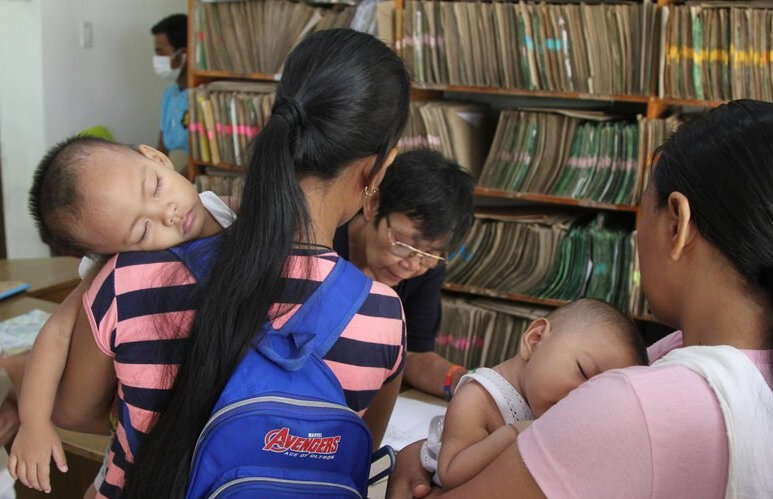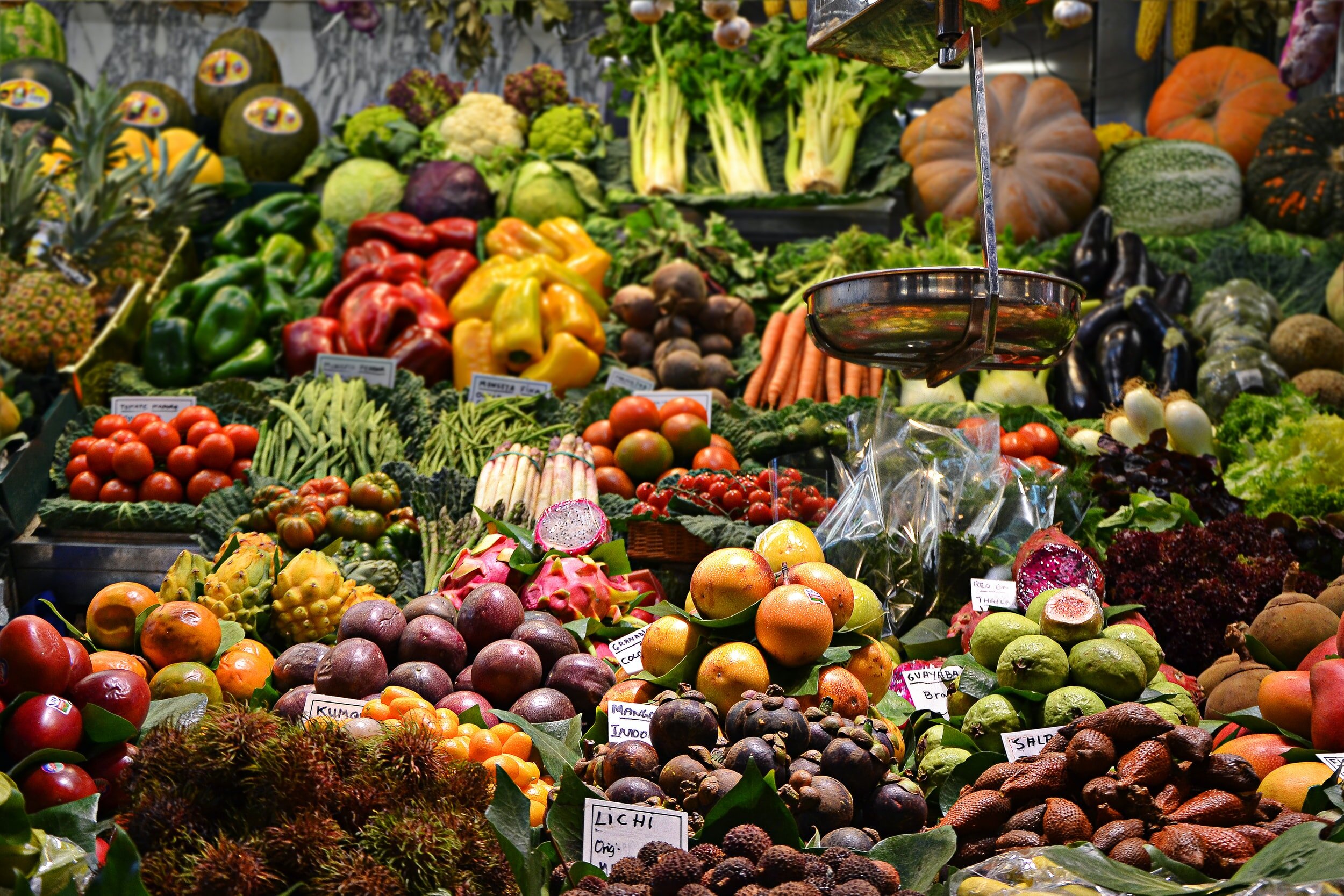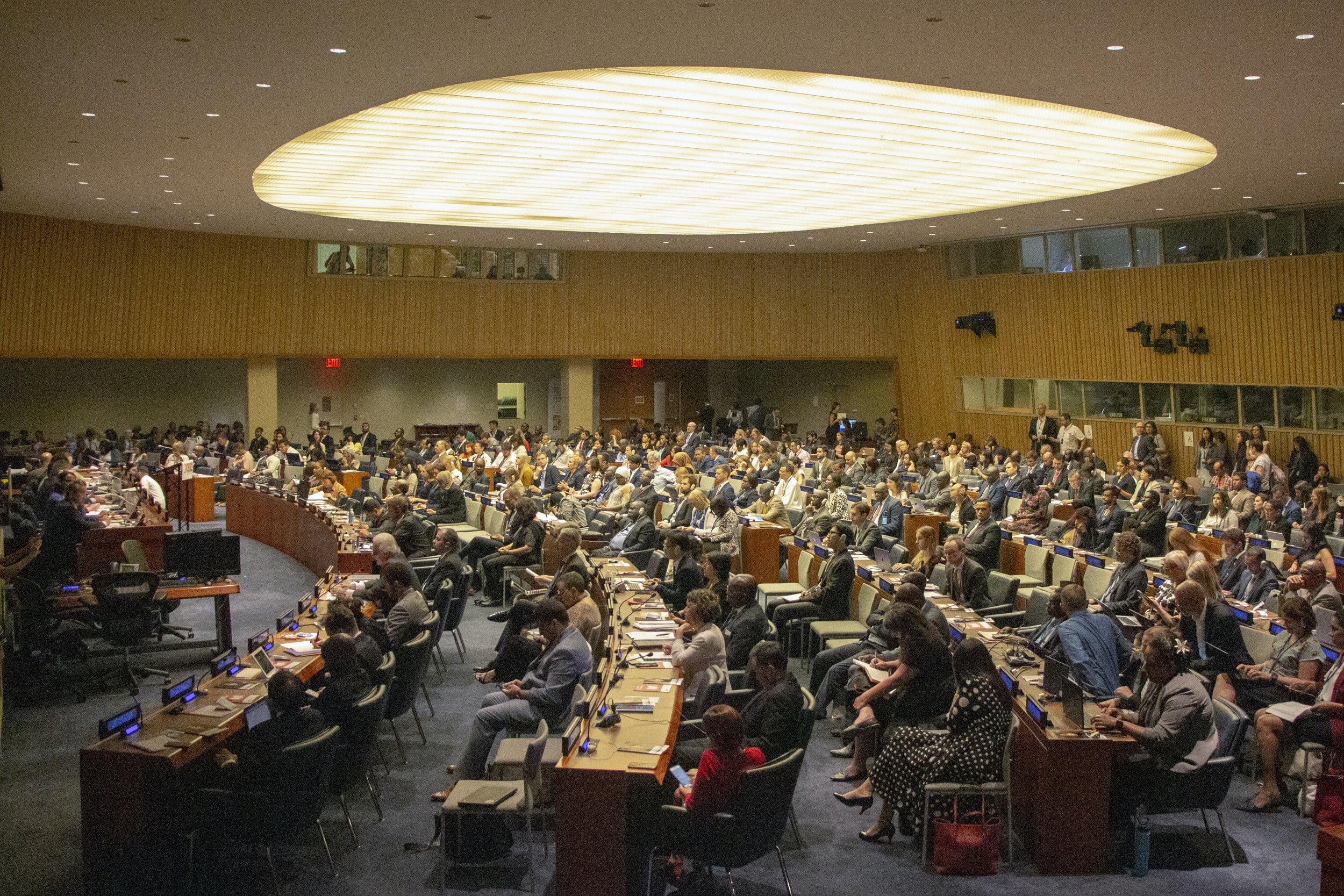Policy & Practice
Although the world has witnessed numerous pandemics in the past, the present COVID-19 pandemic illustrates a unique phenomenon on the global stage: social media intermingling with the spread of health information.
Gay, bisexual, and men who have sex with men (gbMSM) are the most affected by HIV, accounting for 69% of new HIV infections in the United States. Among this population, black gbMSM experience significantly higher rates of HIV infection compared to all other racial groups and are the least likely to initiate antiretroviral treatment.
The COVID-19 pandemic has stopped much of human activity in its tracks over the past eleven months, most notably due to many countries closing their borders, restricting public transport usage, and putting nation-wide lockdowns into place in an effort to enforce social distancing and control coronavirus case counts…
One of the largest issues currently concerning policymakers and medical workers is that ventilators are running out in New York City, the epicenter of the COVID-19 outbreak in the United States.
Although the Universal Declaration of Human Rights confers protection to all individuals irrespective of gender, it has proven largely inefficacious in promoting women’s rights…
As of July 2019, the Philippines reported over 39,000 measles cases, which is the country’s largest measles outbreak since 2014. The reason for the outbreak may be linked to a controversy surrounding the dengue vaccine…
A source of Canadian pride is the universal healthcare system. As citizens, many of us are proud that this country ensures the healthcare needs of all citizens, regardless of one’s income…
The introduction of processed foods into global diets reflects the long reach of capitalism, and its seamless incorporation into everyday life. Even though the alarming rates of obesity and heart disease are frequently associated with the United States and similar Western contexts, the effects that processed foods have had on…
According to the World Health Organization (WHO), rehabilitation is “a set of measures that assist individuals who experience, or are likely to experience, disability to achieve and maintain optimal functioning in interaction with their environments”…
The streets of Eldoret, Kenya play a critical role in the lives of street-connected youth who often find themselves in situations that violate their basic human rights…
The lines begin to stretch around the block well before 5:00 each morning. People wait for hours, hoping that there will be something left by the time they reach the door. They’re waiting for a loaf of bread.
Household food insecurity is a serious public health problem in Canada. In addition to being associated with poor physical and mental health outcomes, the stress endured by children from food-insecure households predisposes them to a cascade of disadvantages…
On October 17th, 2018, marijuana was legalized in Canada. Despite its popularity amongst citizens, discussions surrounding marijuana and its public health policies are lacking…
When we think about global health, the World Health Organization (WHO) is inarguably one of the most prominent players. Acting as the specialized health agency of the United Nations, the WHO operates across a broad array of areas…
School lunch programs ought be considered as a valuable strategy for mitigating food insecurity, reducing the impacts of poverty, and more specifically, improving health outcomes in vulnerable populations during the formative stages of early childhood development…
Residing in North-Western Kenya, Dr. Braitstein received the CIHR-IPPH Trailblazer Award for her research and service to street youth in Eldoret, Kenya…
In 2015, Canada’s Truth and Reconciliation Commission (TRC) identified significant gaps in health outcomes between Indigenous and non-Indigenous communities…
In 2010, a video of a two-year old Indonesian boy who smoked over 40 cigarettes a day went viral and garnered millions of views. Though the video shocked the world, it failed to cause uproar in the boy’s homeland, where childhood tobacco use is largely viewed as a norm…
The elderly population of Okinawa, Japan has gained worldwide recognition for enjoying exceptionally long lives with autonomy even into advanced age. This phenomenon has inspired many researchers seeking to unlock the secrets of healthy aging…
On Sunday, October 29th, 2017, U.S. Senator Bernie Sanders (Vermont) and Dr. Danielle Martin, Associate Professor at the Institute of Health Policy, Management and Evaluation based in the Dalla Lana School of Public Health, met at Convocation Hall to discuss what lies ahead in the fight for a universal health care system in the United States…
“I’m interested in global health.” Those of us who interact with like-minded individuals, hear this often. But what does this really mean?
It has become cliché to say that 2016 was a bad year. As far as countries go, however, one of the hardest hit by 2016 has to have been Brazil.
Juxtaposition sits down with Peter Wood, the BC-based Environmental Rights Campaign Manager for the David Suzuki Foundation, to discuss the BlueDot movement. BlueDot aims to push the Canadian government to recognize the right to a healthy environment for every Canadian.
On November 4, France changed its blood donation policies by lifting the lifetime ban that prevented men who have sex with men (MSM) from donating blood. In 2016, MSM will be able to donate blood and plasma if they have not engaged in sexual activity with another man for 12 months and 4 months respectively…
Deadly, dangerous, ineffective, unproven: four terms that no one wants to read on the back of their bottle of medication. Pharmaceutical manufacturing is the most profitable industry in the United States…
Millions of people face steep barriers to receiving treatment for a wide range of diseases – from non-communicable diseases to AIDS. For many, the cost of treatment is an insurmountable obstacle that leads to preventable deaths…
When illness befalls us, we refer almost instinctively to questions concerning our diet, exercise, or who we last made contact with. Our search for its treatment then immediately turns to doctors and medication…
There is significant and increasing evidence that climate change has serious effects on health that will only exacerbate with time. The spread of vectors, such as mosquitoes and deer ticks, increases the occurrence of vector-borne diseases. More frequent extreme weather events cause accidents and injuries that tax our healthcare systems…
Introducing vaccines in low and middle income countries (LMICs) is a significant challenge. Besides the obstacle posed by the costs of procuring new vaccines, there are the logistical challenges of prepping existing infrastructure and prioritizing interventions to make the best of limited resources…
The Polanyi conference brought scholars together to discuss the contemporary status of nuclear weapons. One of the speakers was Dr. Nancy Doubleday, a lawyer and biologist who holds the Hope Chair of Peace and Health at McMaster University, and who has worked extensively in policy development and human rights claims in the Arctic…
On June 30, 2012, the Canadian government implemented cuts to the Interim Federal Health Program (IFH) for refugees. With these changes to the IFH, Canadian refugees no longer had access to medication coverage, vision and dental care…
Antibiotic-resistant microbes – bacteria and other microscopic entities that have acquired a complete or near-immunity to standard antimicrobial treatments – have gone under the radar for a dangerously long time. As a result we are facing a future where it is entirely possible that infections may once again become the leading cause of mortality worldwide…
Despite President Obama’s claims of shutting Guantanamo Bay down, the military detention camp remains standing. The institution is often criticized for its human rights violations and severe health problems…
On September 23rd, the United Nations kick started the long anticipated Climate Change Summit in New York City. Expectations are high and an atmosphere of optimism and solidarity pervades discussions…
Recent strides of the trans-rights movement have led to positive shifts in the tides governing the ability of trans people to acquire necessary healthcare. These include the lifting of the United States Department of Health and Human Services’ generalized ban on trans-related healthcare coverage for Medicare recipients, individual states banning…
As the 2015 target deadline for the Millennium Development Goals (MDGs) quickly approaches, two important platforms have taken place over recent weeks that seek to galvanize the international community into action…
In order to understand the harm pharmaceutical companies have done to sub-Saharan Africa, the current climate of the epidemic must be examined. The Joint United Nations Programme on HIV/AIDS (UNAIDS) reported that in 2012, 35.3 million people worldwide were living with HIV…
In the past decade, health issues have become more prominent in the foreign policies of the world’s nations. Broad strategies have been formulated to address health challenges and global health has begun to enjoy greater acknowledgment in the interplay of global political relationships…
On November 22nd 2013, the fourth strongest typhoon ever recorded struck the Philippines, leaving devastation in its wake. Over a million residents have been left homeless while the death toll has climbed to over 5,000.
With the introduction of the Anti-Homosexuality Bill (AHB) in Uganda in 2009, an environment of fear, stigma and shame now envelopes the country’s lesbian, gay, bisexual and trans (LGBT) community…
According to UNICEF there are almost 1.2 billion adolescents worldwide, accounting for almost one fifth of the world’s population, with nearly 90 percent living in low and middle income countries. On Tuesday, February 18, 2014, the Centre for Global Child Health at The Hospital for Sick Children (SickKids) brought together leading international experts to address…
In our Fall 2011 issue, Juxtaposition featured a Global Health Tidbit detailing a new “Fat tax” that had been imposed by the Danish government on October 2011. Hailed as a “remarkable approach to public health”, the novel tax sought to impose a surcharge on foods containing more than 2.3% saturated fat (including meats, processed foods and dairy)…











































Law directly impacts the health and well-being of citizens, whether positively or negatively. While the law strives towards health equity, certain social determinants of health (SDoH) put individuals at a disadvantage and undermine their wellbeing [1]. The health issues vulnerable social groups face can be attributed to the cultural, socio-economic, and environmental conditions they experience [1]…